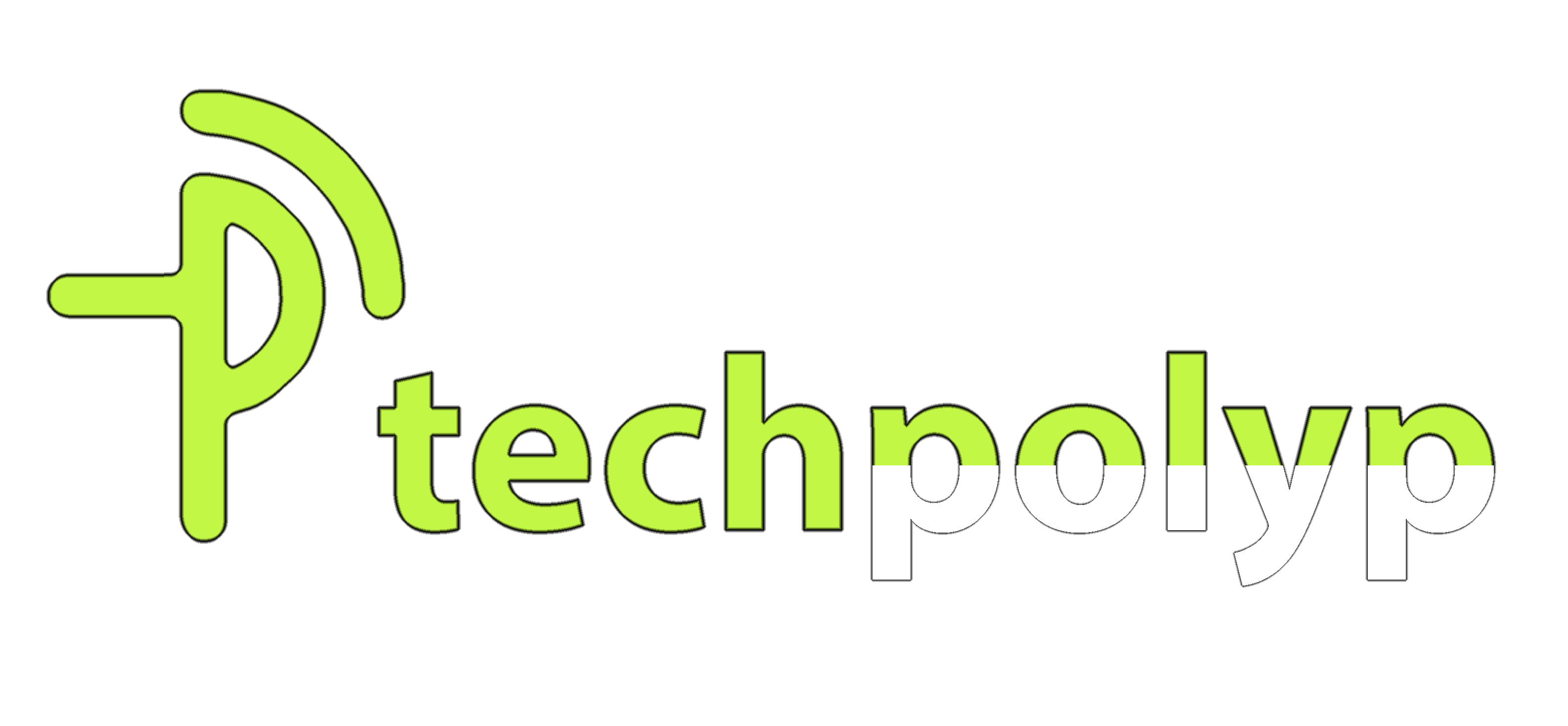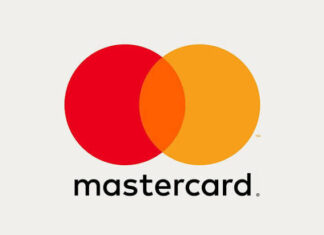When you purchase through links on our site, we may earn an affiliate commission. This doesn’t affect our editorial independence.
Starlink Faces Network Congestion in Key Nigerian Cities
Elon Musk’s Starlink has paused new orders in Nigeria’s busiest cities owing to a significant setback. The company cited Starlink Nigeria network congestion as the main setback it currently faces. Furthermore, this operational halt affects Lagos areas like Victoria Island, Ikoyi, and Surulere. Additionally, Abuja residents also face restrictions on new subscriptions for now.
As it presently stands, the company’s website marks these zones as “Sold Out.” It is important to note that for the residents, only a waitlist option is currently available. Additionally, prospective users must pay a deposit to reserve access. However, they are to receive a notification to subscribe whenever more capacity is available.
Not the First Service Pause
TechPolyp notes that this is not Starlink’s first service suspension in Nigeria. In November 2024, it paused nationwide orders for eight months. However, that halt was tied to bandwidth issues and NCC approval delays, not Starlink Nigeria network congestion.
Notably, orders resumed in June 2025 after infrastructure and regulatory adjustments. At that time, Starlink promised improved reliability for its Nigerian users. But currently, the company faces growing pressure balancing demand and capacity in the country.
Starlink Nigeria Network Congestion: Why the Pause Matters
As confirmed by an engineer at Starlink who spoke under the condition of anonymity because he didn’t have the right to do so, the pause preserves service quality. He further explained that “it happens when the area cannot take a new customer.” The move ensures stability for existing subscribers within congested regions.
In Case You Missed It:
Futuristic Technology Promised by Elon Musk: Neuralink and Self-driving Cars
Perplexity AI Faces Lawsuit From Britannica and Merriam-Webster
Solving Starlink Nigeria network congestion may require more satellite launches. In certain instances, regulatory approval will be needed to expand coverage. This development in focus highlights the complex balance between technology, policy, and customer growth.
Starlink Nigeria Network Congestion: Rising Prices Fuel Discontent
Starlink’s pricing has risen sharply since it entered Nigeria. The monthly fee rose from ₦38,000 to ₦56,000 in 2025. Additionally, the company blamed currency devaluation, higher costs, and NCC compliance.
Furthermore, the hikes sparked backlash among customers across major urban centres. Many criticised the lack of affordability during Nigeria’s economic downturn. Before the ongoing Starlink Nigeria network congestion, regulatory intervention temporarily blocked Starlink from activating new users.
The pause delayed customer onboarding until mid-2025 due to unresolved price disputes. Analysts argue that rising tariffs could weaken Starlink’s long-term market appeal.
Impact on Subscriber Numbers
Starlink recorded its first decline in Nigerian subscribers in early 2025. Specifically, NCC data shows numbers fell from 65,564 in Q4 2024 to 59,509 in Q1 2025. That represents a drop of over 6,000 active users.
Analysts tied this fall to rising costs and service disruptions. Some customers switched to cheaper local providers offering alternative packages. Others discontinued entirely, citing affordability as the main obstacle.
The episode demonstrates how Starlink Nigeria network congestion and rising tariffs intersect. Capacity challenges limit new growth, while high costs drive churn. Together, they challenge Starlink’s sustainability in Nigeria’s competitive telecoms market.
Regulatory Oversight
The Nigerian Communications Commission (NCC) plays a crucial oversight role. Furthermore, it approves Starlink’s pricing, licenses, and infrastructure expansions. During the last pause, NCC delayed approval due to tariff reviews.
This oversight reflects the government’s focus on consumer protection. However, delays also risk stalling innovation in the satellite broadband market. Balancing regulation and competition will determine future outcomes for Starlink.
Globally, Starlink has faced congestion in high-demand areas. Similar pauses have been observed in the United States and Europe. Yet in Nigeria, the challenge feels sharper due to weaker alternatives.
Urban centres depend heavily on reliable broadband for work and education. When Starlink slows its growth, users feel the gap acutely. Local ISPs have expanded but struggle to match Starlink’s speed.
The pause on new orders reveals the strain on the Starlink Nigeria network due to congestion. Demand outpaces supply, while rising costs test consumer patience.
For Nigerians, this mix of high fees and waitlists is frustrating. For Starlink, it shows the challenge of scaling in emerging markets.
Sustained success will depend on investment, regulation, and improved affordability. Without these, congestion may continue to stall progress in Nigeria’s digital future.









